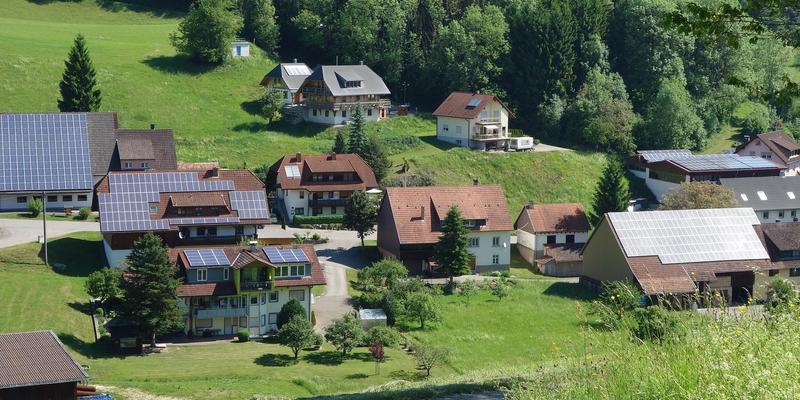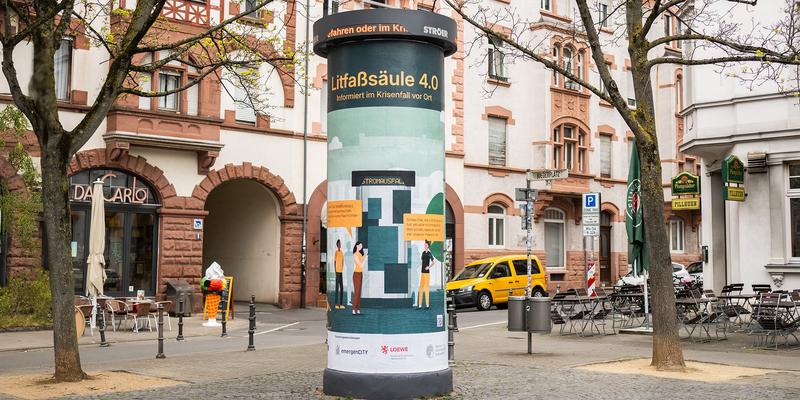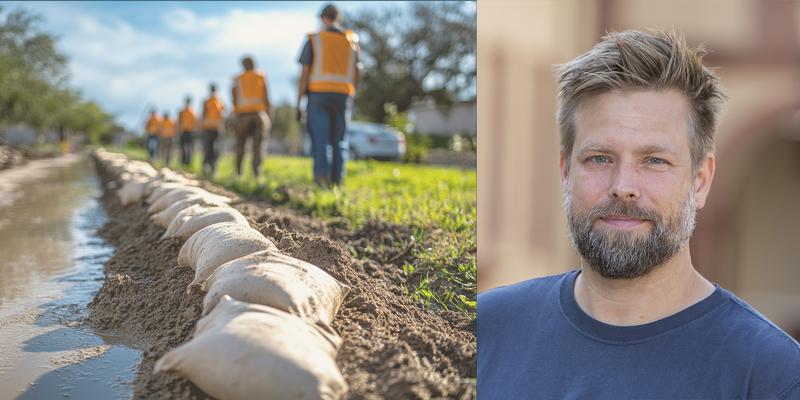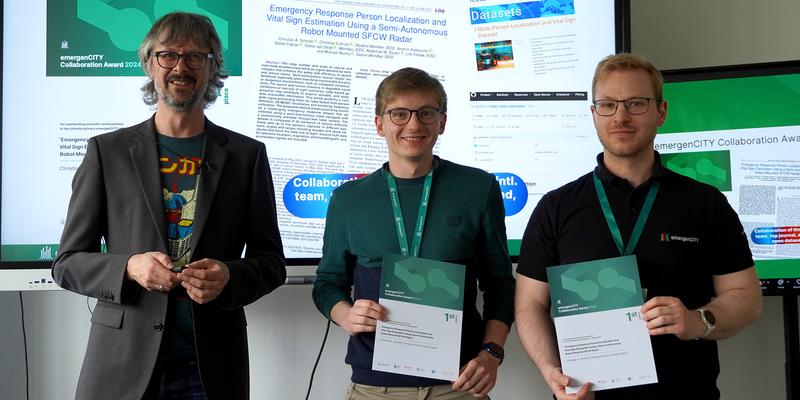An increasing number of natural disasters, the rising share of renewable energies and the current gas crisis – these factors are putting a strain on the electricity networks. Experts are increasingly concerned about the stability of the electricity networks and point to an increased risk of large-scale, long-lasting power outages, so-called blackouts. These can have serious consequences for the population: Communication networks, water supply and health care systems could collapse.
In the event of a blackout, however, it would be much less difficult for those have their own photovoltaic system and also have the technical capability to use it independently of the grid, for example by means of electricity storage. This way, at least their own household can still be supplied with electricity.
Due to the constantly growing number of private photovoltaic systems, of which more and more can be used separately from the grid, completely new possibilities for an emergency power supply arise: With the help of private systems, it would theoretically be possible to maintain a basic supply of at least the most important infrastructures. This is because, in combination with battery storage, they could serve as a decentralized energy source. An approach with great potential – but only if the owners decide to share the produced electricity and not to consume it themselves.
Prof. Carolin Bock, Konstantin Kurz, Prof. Michele Knodt and Anna Stöckl from emergenCITY have addressed this issue and investigated how people deal with the social dilemma: Would they share electricity from their private photovoltaic system with neighbors and friends during a prolonged blackout, accepting cutbacks in their own supply? Or would they prefer to consume the electricity themselves to enjoy warm food, light, and a charged smartphone?
The research article recently published in the Schmalenbach Journal of Business Research, “A Friend in Need is a Friend Indeed? Analysis of the Willingness to Share Self-Produced Electricity During a Long-lasting Power Outage” now provides findings that offer a ray of hope in the face of a bleak outlook.
To better understand the incentives and motivations that lead to cooperative behavior during a blackout, the researchers surveyed 80 households in Germany about their willingness to share with various recipient groups. The researchers assumed that both structural solutions such as rewards in the form of increased feed-in tariffs and individual motives such as empathy-elicited altruism increase the willingness to share. The surprising result: while empathy and altruistic values inspired sharing, especially toward the recipient groups of relatives and friends as well as the critical infrastructure, structural incentives, such as higher financial rewards, even proved to be a hindrance in some cases, depending on the social value orientation of the givers.
We like to share – especially if the person in need is close to us or if it involves important infrastructure that is urgently needed during a crisis. However, we don’t want to know anything about money in the altruistic act. “Politicians should therefore be particularly careful with the tempting idea of simply increasing feed-in tariffs in the event of power outages,” warns Professor Bock. This could turn what was originally a social decision into a business decision – with negative effects on the willingness to cooperate. Instead, the researchers recommend encouraging the already pronounced prosocial behavior even further. This is because both the degree of connectedness and the perceived responsibility are significant predictors of cooperative behavior in emergency situations such as during a blackout.
While on the technical side, many private photovoltaic systems would still require modifications to enable them to feed electricity into the grid in the event of a crisis, the researchers see the great potential of decentralized energy sources confirmed: From a social perspective, the approach of using private photovoltaic systems in the event of a crisis is an immediate and feasible measure for improving local energy resilience. This offers exciting starting points for an efficient as well as simple promotion of the resilience of our energy supply, for example through state support for investments in self-sufficient photovoltaic systems. At the same time, the strong social ties that often already exist could be further extended by fostering a community identity. This can create resilient communities that hold together even in a blackout.
The study is published open access and can be accessed here.



